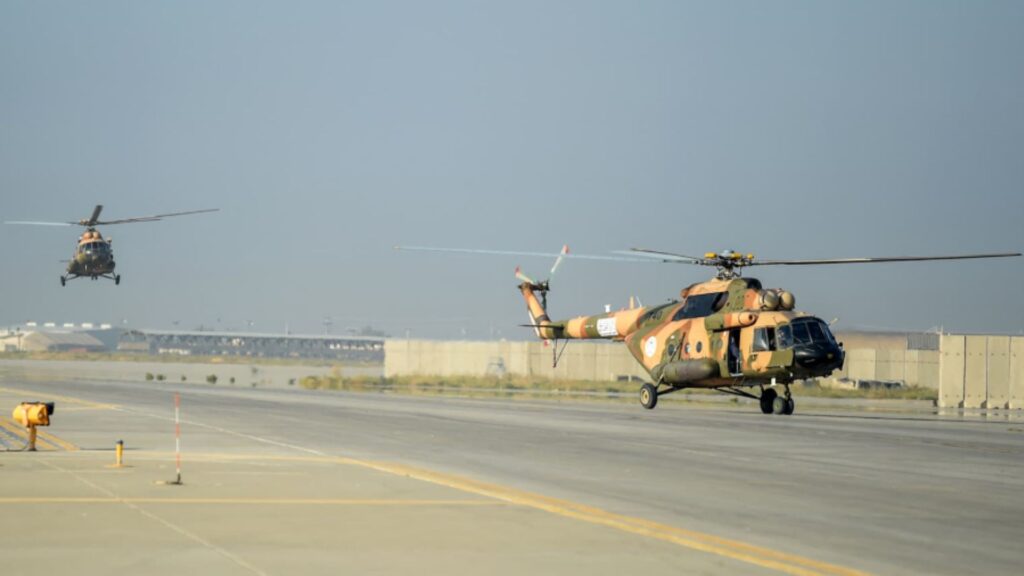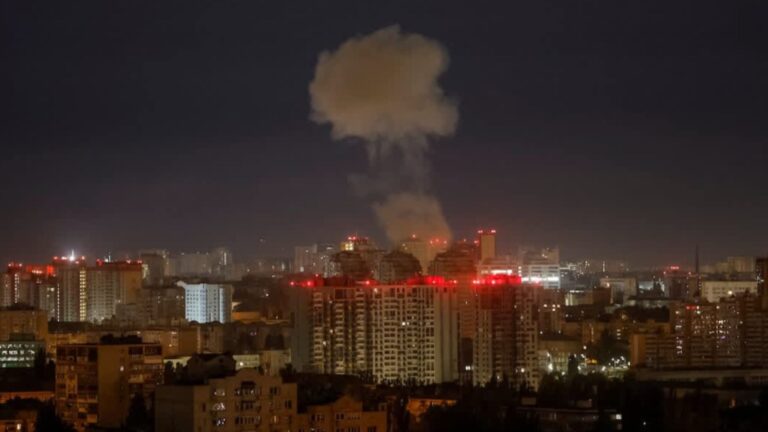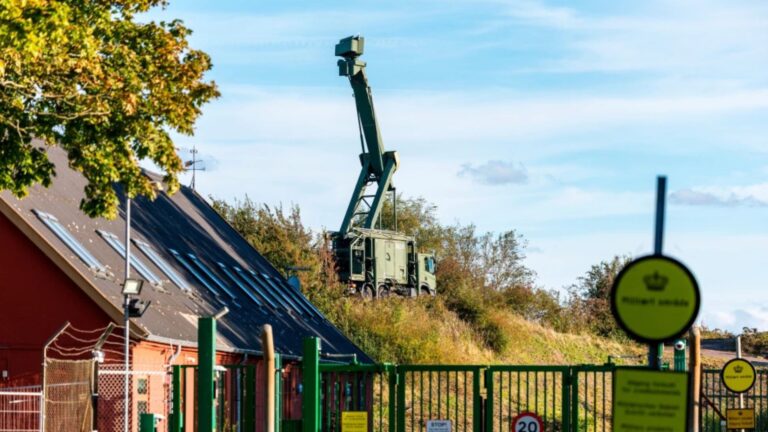
President Donald Trump escalated his demands for Afghanistan to return Bagram Air Base to American control, threatening unspecified “bad things” if the Taliban government refuses to comply. The stark warning, issued Saturday on Truth Social, marks the sharpest rhetoric yet in Trump’s campaign to reclaim the facility abandoned during the 2021 withdrawal.
Ultimatum Posted on Social Media
“If Afghanistan doesn’t give Bagram Airbase back to those that built it, the United States of America, BAD THINGS ARE GOING TO HAPPEN!!!” Trump posted, continuing his criticism of the Biden administration’s handling of the Afghanistan exit. When asked Saturday whether he would consider deploying troops to retake the facility, Trump declined specifics but maintained pressure: “We’re talking now to Afghanistan, and we want it back and we want it back soon, right away. And if they don’t do it, you’re going to find out what I’m gonna do” (Politico).
Taliban Firmly Rejects American Demands
The Taliban government swiftly rejected Trump’s ultimatum on Sunday, with senior officials dismissing any possibility of ceding territory to foreign powers. Fasihuddin Fitrat, chief of staff of Afghanistan’s Armed Forces, declared at a Kabul event that “Afghanistan is fully independent, governed by its own people, and not dependent on any foreign power.” He emphasized that “a deal over even an inch of Afghanistan’s soil is not possible. We don’t need it,” adding that the Taliban “do not fear any bully or aggressor.”
Taliban spokesman Zabihullah Mujahid urged the United States to adopt “a policy of realism and rationality” and reminded Washington of commitments made under the 2020 Doha Agreement that prohibited threatening Afghanistan’s territorial integrity (Hindustan Times).
Strategic Significance Drives Trump’s Interest
Trump has repeatedly highlighted Bagram’s proximity to China as a key factor in his desire to reclaim the base, noting it sits “an hour away from where China makes its nuclear weapons.” The facility, originally built by the Soviet Union in the 1950s, served as the largest American military installation in Afghanistan during the two-decade conflict.
Current and former U.S. officials have privately cautioned that reoccupying Bagram would resemble a “re-invasion” requiring over 10,000 troops and advanced air defense systems. The base would face threats from Islamic State and al-Qaeda militants still operating in Afghanistan (The Hill).
Escalating Diplomatic Tensions
The standoff represents a significant test of Trump’s foreign policy approach and highlights the complex challenges of post-withdrawal Afghanistan relations. With both sides taking hardline positions, the dispute over Bagram threatens to further strain U.S.-Taliban relations and complicate broader regional security considerations involving China, Pakistan, and Central Asian neighbors.












Your article helped me a lot, is there any more related content? Thanks!